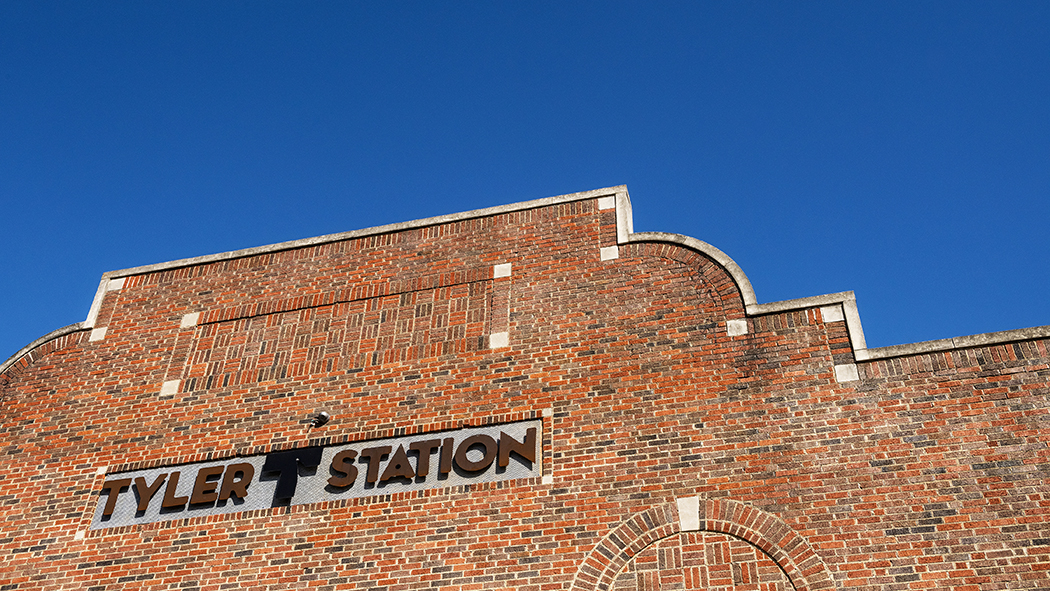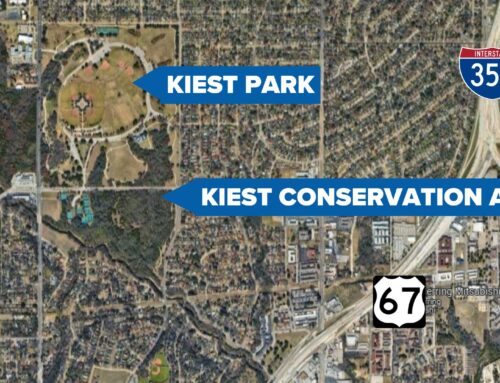When Denise Manoy decided to leave the insurance business to chase a retail dream, the neighborhood’s community spirit drew her to the Bishop Arts District.
She opened Indigo 1745 in 2005, when the district comprised three blocks with a few restaurants and a couple of boutiques.
“It was not popular,” she says. “People were not coming.”
But the popularity of restaurants like Tillman’s Roadhouse and Hattie’s helped build clientele, and now the boutique enjoys a loyal customer base that includes people from Oak Cliff, northern Dallas, Red Oak and as far south as Midlothian.
“You definitely have to develop a customer base outside of Oak Cliff,” Manoy says. Those loyal customers keep Indigo 1745 and other Oak Cliff retailers in the black.
But increasing values from an onslaught of new construction in the area have caused property taxes to skyrocket, and storefront rents have escalated accordingly.
“Our property taxes have gone up 166 percent since 2015,” says Michael Amonett, who co-owns the building that houses Hunky’s. “Business has not increased 166 percent, and the construction that increased the taxes has yet to manifest into our alleged new assessed worth.”
After struggling for a couple of years, Green Pet had to move out of that building, where it first opened in 2008, to a more affordable space at Tyler Station.
Green Pet owner Leslie McKay calls it “an affect of gentrification on steroids.”
“It’s not sustainable for us,” McKay says. “We want to continue this business, and we’re not willing or able to go into debt.”
Besides increasing property values, the construction itself has hurt business, independent retailers say.
“We survive on tourists right now,” says Julie McCullough, who opened her first retail store in Bishop Arts in 2007 and now has the boutique Harkensback.
She’s talking about literal tourists — conventioneers and other out-of-town visitors who receive concierge recommendations or find the district online.
“They don’t know the construction is here, and they take Uber,” McCullough says.
McCullough thinks the hundreds of apartment dwellers starting to move into new complexes at Davis and Zang eventually will buoy the district again. But it hasn’t happened yet. She estimates that sales are down as much as 25 percent across the district.
It’s not like the changes and new construction are all bad. Several new restaurants already have opened in Exxir Capital’s development just south of Melba. And foot traffic from diners always has led to more retail sales.
“I didn’t want all the changes, and I fought hard against a lot of it,” McCullough says. “But I don’t hate them all.”
Meanwhile at Tyler Station, new businesses are incubating all the time. And it’s become an alternative for independent retailers who are priced out of space north of Jefferson Boulevard.
Kelly Wiley recently moved her nonprofit store Rose Garden Remake to Tyler Station after 18 years on West Davis.
She still pays about the same in rent but has twice the square footage, plus free internet and utilities.
She says her former landlord, David Spence, was great.
“He was like, ‘whatever you need to keep your business going, I will help you,’ ” she says.
But she says she increasingly felt that her business didn’t fit in with the mix of the “TyPo” neighborhood, and she wanted more space.
While retailers remain optimistic that the major construction is nearing an end, and Oak Cliff is increasing in population, it’s a struggle.
“Being a lifetime store owner is just not a thing anymore,” McCullough says. “The rent situation is really hard. They grew before we did.”






